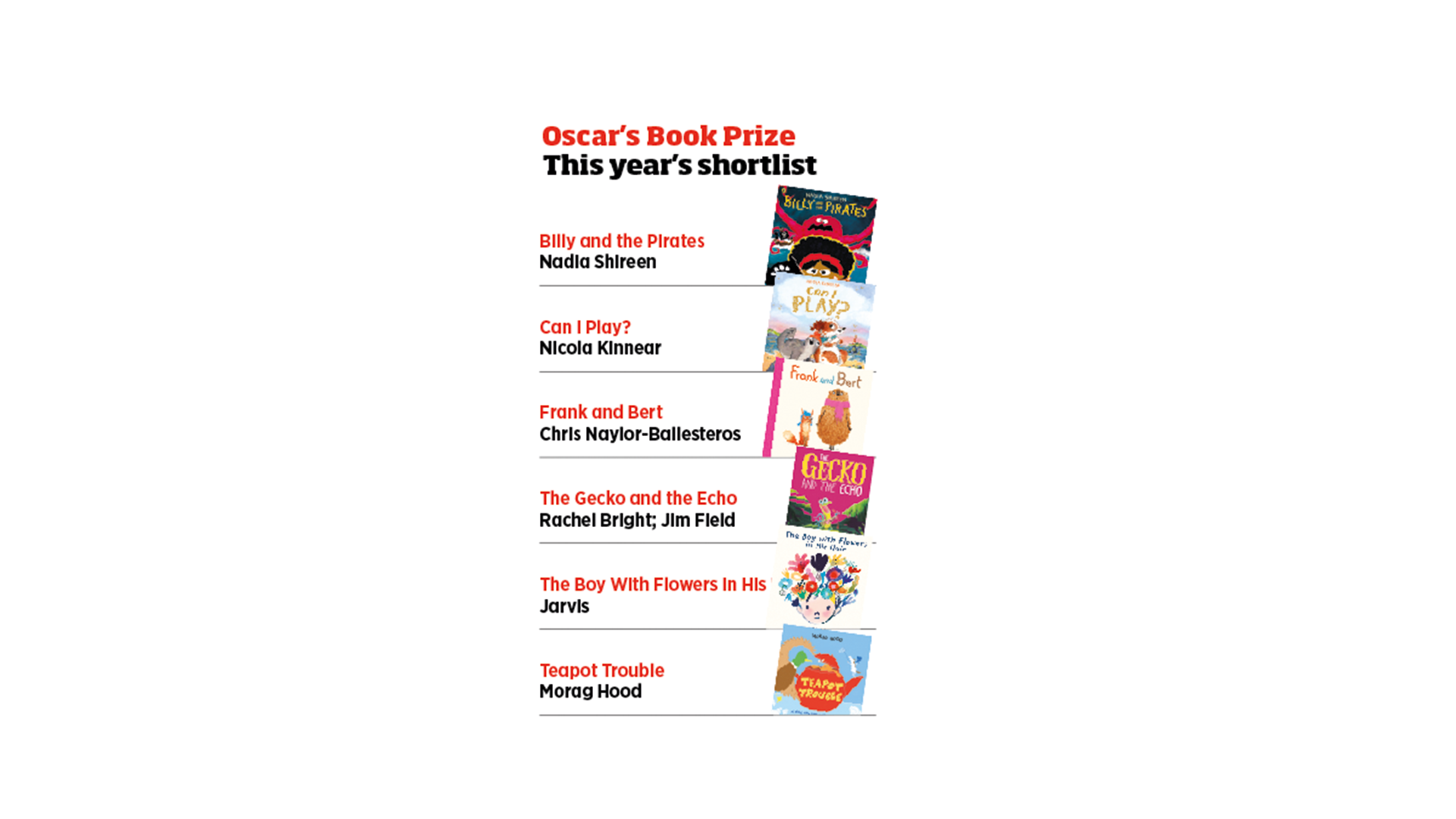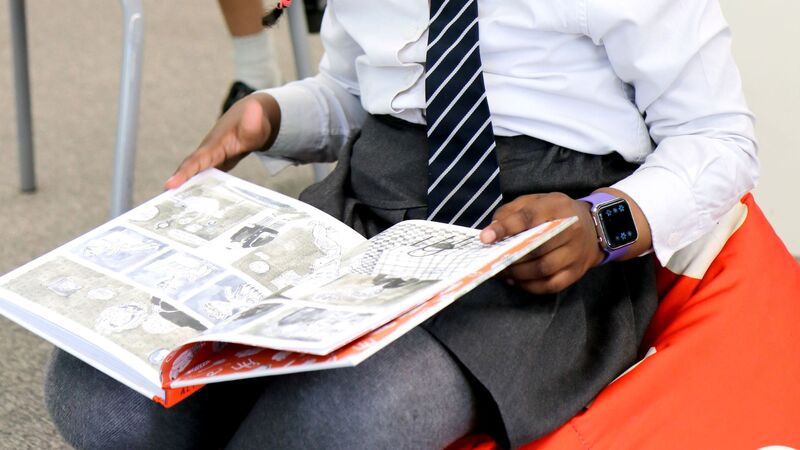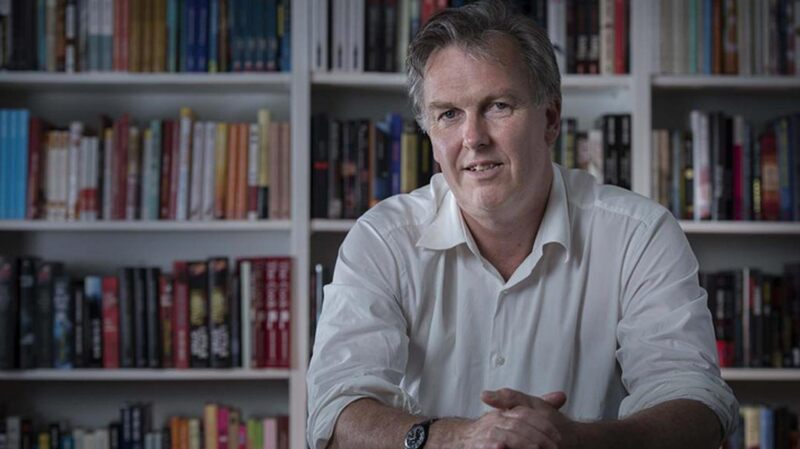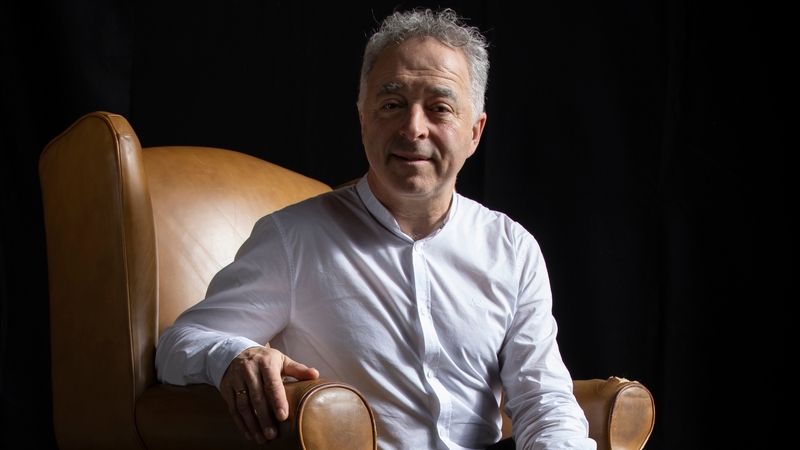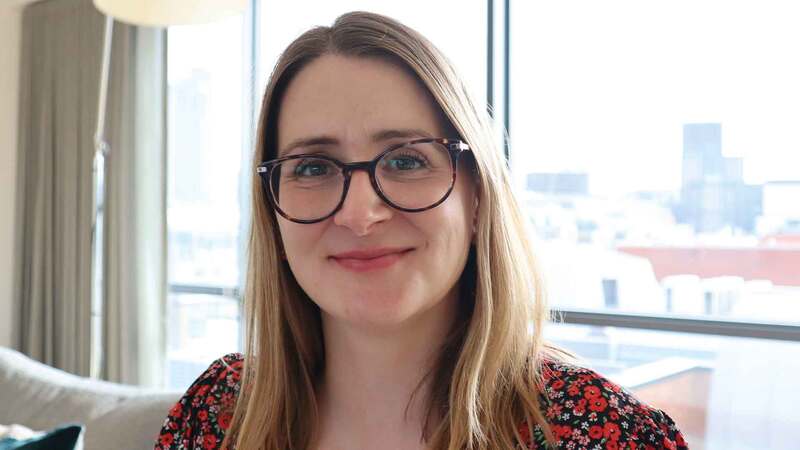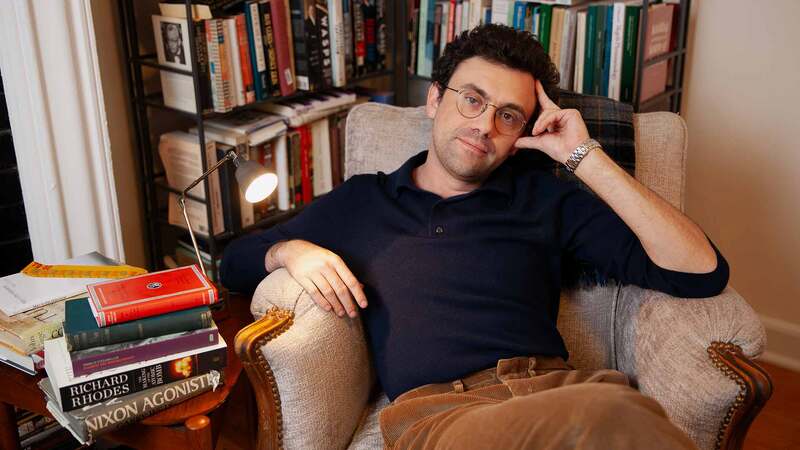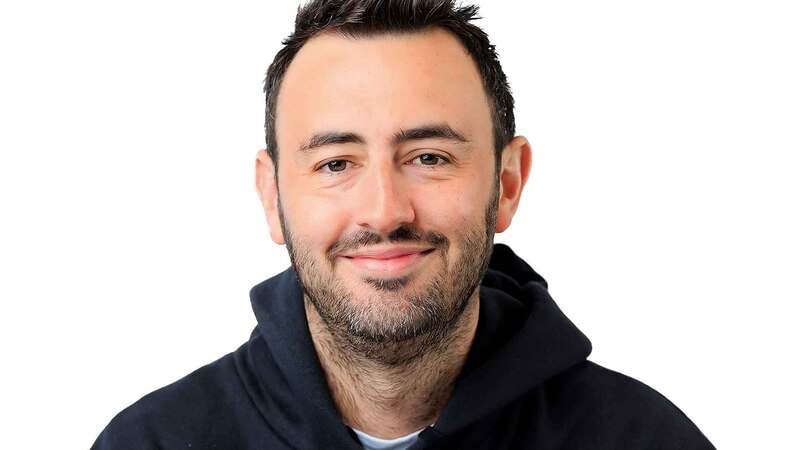You are viewing your 1 free article this month. Login to read more articles.
Oscar’s Book Prize celebrates anniversary
This year marks the 10th anniversary of Oscar’s Book Prize, an award for the best illustrated book of the year for children set up in honour of James Ashton and Viveka Alvestrand’s son Oscar, who died when he was three.
Ashton says of deciding to launch the prize: “When it got to about a year [after Oscar’s passing], we were thinking ‘Do we do something here?’” The focus on picture books was an “easy” choice, because “we knew he loved books, and we loved sharing them with him”.
The prize was announced on the one-year anniversary of Oscar’s loss in December 2013 and was first awarded in May 2014. The London Evening Standard, where Ashton was City editor at the time, has been a media partner from the start. Waitrose was its sponsor for the first three years with Amazon coming on board afterwards. Ashton says of the aims for the prize: “We want to keep it very simple. We’re not trying to do what BookTrust or the National Literacy Trust and The Reading Agency do. We’re not a multi- category prize, we just want to be really meaningful in picture books.”
Publishers have been “hugely supportive” of the prize, with this year’s award receiving more than 100 entries. Children’s publishing heads have also offered the team advice on how to develop the prize over the years.
In the early years, much of the prize administration was picked up by the Evening Standard but in 2019, Robyn Donaldson and Laura Mell were brought in as project managers to “professionalise how we ran some of it”. One thing that the pair did was to ensure that the entries “go through lots of different hands”, including Read for Good, the Centre for Literacy in Primary Education, and librarians.
The 2023 judging panel includes the prize’s inaugural winner, Benji Davies, former Waterstones Children’s Laureate Cressida Cowell and The British Book Awards’ Illustrator of the Year 2022, Dapo Adeola. Alongside Alvestrand, teachers at Oscar’s nursery in Wimbledon have been involved in the judging every year. “We think that close link to him and to the people that looked after him is important. But also, we really want to understand and pick out the books that kids want, as opposed to the books that adults think they should want,” Ashton explains. He adds: “The winner that epitomises that more than any other is John Dougherty and Laura Hughes’ There’s A Pig Up My Nose from 2018, which is just glorious.”
We really want to understand and pick out the books that kids want, as opposed to the books that adults think they should want
Reflecting on the challenges of running the prize, Ashton says: “I suppose the challenge is you always want to do more. We’ve taken events to Hay, and to Discover Children’s Story Centre in Stratford and we’ve distributed books into schools, but there’s always that dilemma—what can we do that doesn’t duplicate what the other bodies are doing? And then, there are always questions around the financial resource and how we manage that.”
Despite this, the prize money was doubled (to £10,000) a few years ago as it was “really important” to Alvestrand and Ashton that this was “a meaningful sum” to recognise that “the authors and illustrators operating in this sector are… in it for the love”.
In terms of how the picture book market has evolved over the past decade, Ashton feels that “everyone’s got better at diversity—maybe not good enough, but certainly a lot better. The books are so much more effective.” When it comes to topics, he notes that there has been a rise in picture books tackling feelings and mental health issues.
Eyes on the prize
Considering previous recipients of the award, Ashton says: “We’ve been lucky in that we’ve chosen authors and illustrators who have been early on in their careers. They’ve talked about the financial boost, but the boost in confidence as well.” He highlights Steve Anthony, who won in 2015 with his first book, The Queen’s Hat, adding: “He’s now on to his 23rd. He says that early validation means people keep going.”
To celebrate the 10th anniversary, the prize will share videos online of former winners talking about its impact. A stop-motion video of all the winners so far, which was created by Oscar’s 11-year-old sister Alice (who
was this year named life president of the prize), will also be shared on social media. Celebrations will include a return to an in-person winner’s ceremony to be held next week (Tuesday 9th May) at The Ivy Club in London, with attendees including the prize’s patron Princess Beatrice.
Ashton acknowledges that it has been “a couple of difficult years” for children’s book prizes, but hopes that Oscar’s Book Prize will “carry on for a long time”. In the future he hopes for “more of the same”, adding: “We still have ambition to grow and to get bigger and better!”





